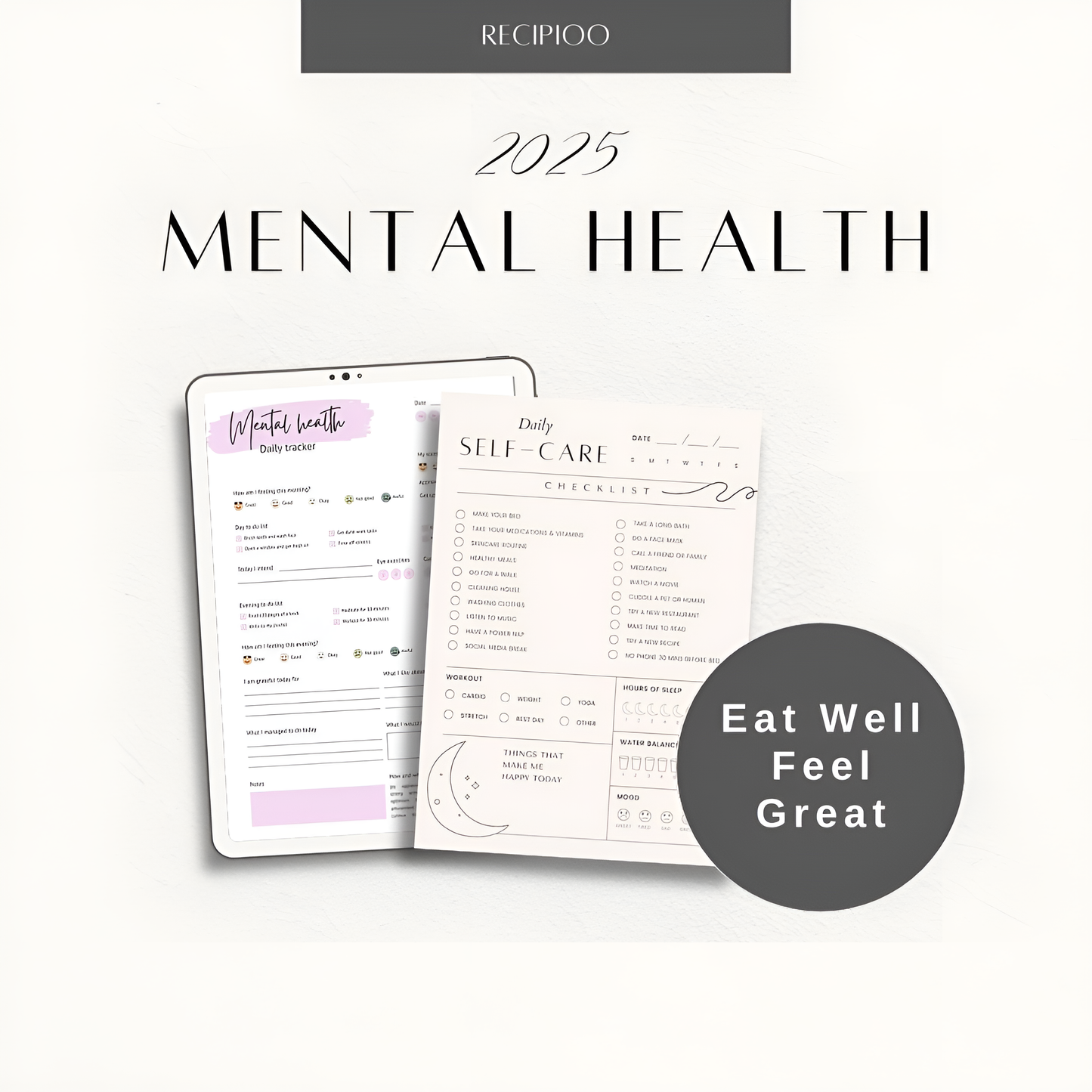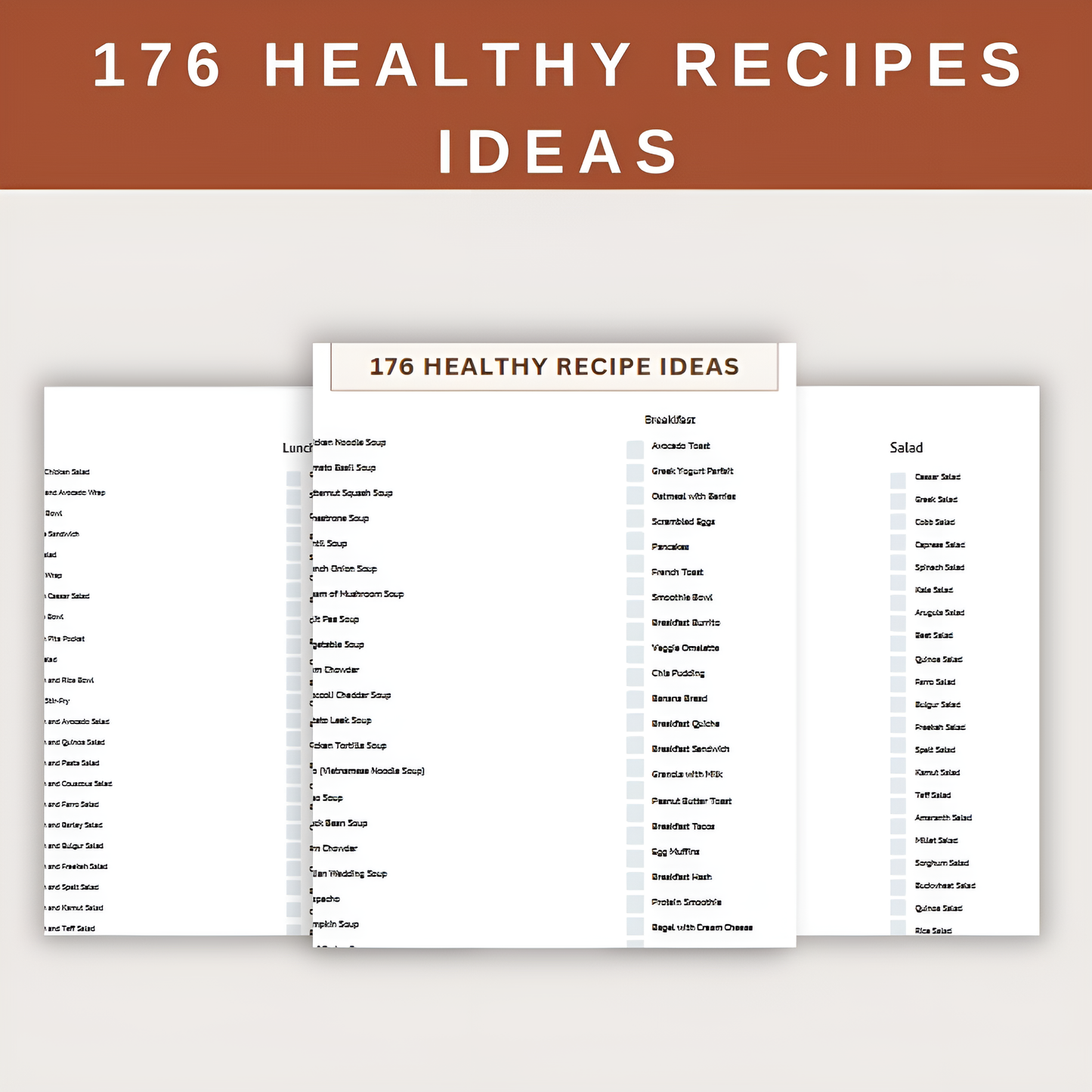
The Best Foods With the Highest Vitamin K
Share

Want to boost your vitamin K intake? You're in the right place. Vitamin K is a fat-soluble nutrient that comes in two forms:
Vitamin K1 (Phylloquinone): Found in leafy greens and vegetables
Vitamin K2 (Menaquinone): Found in fermented foods and animal products
Why does vitamin K matter? This powerhouse nutrient plays a crucial role in:
- Blood clotting – Helps wounds heal properly
- Bone health – Supports calcium absorption for stronger bones
- Heart health – May prevent artery hardening
- Brain function – Emerging research links it to cognitive health
Whether you're on blood thinners, concerned about osteoporosis, or just optimizing your diet, knowing the foods with the highest vitamin K gives you an edge. Let’s dive in.
Top 20 Foods Highest in Vitamin K (Per Serving)
When you're looking to boost your vitamin K intake, these nutritional powerhouses deliver the most bang for your bite. Let's break down the top sources that will supercharge your diet with this essential nutrient.
Leafy Greens (The Ultimate Vitamin K Powerhouses)
These verdant vegetables contain staggering amounts of vitamin K1 - so much that just one serving can provide several days' worth of your daily needs:
Mustard greens (cooked) — 346% DV
- A single cooked cup packs 830 mcg of vitamin K
- Southern-style cooking with a bit of healthy fat boosts absorption
Swiss chard (raw) — 332% DV
- The rainbow-stemmed beauty contains 716 mcg per cup raw
- Perfect for fresh salads when you want maximum nutrients
Beet greens (cooked) — 290% DV
- Don't throw away those tops! Sauté them like spinach
- Delivers 697 mcg per cooked cup
Collard greens (cooked) — 254% DV
- A staple in soul food with 772 mcg per cooked cup
- Slow cooking with smoked turkey adds flavor and nutrients
Kale (cooked) — 205% DV
- That trendy superfood lives up to the hype with 531 mcg per cup
- Massaging raw kale helps break down fibers for better digestion
Spinach (raw) — 121% DV
- Popeye's favorite gives you 145 mcg per raw cup
- Cooking concentrates it to 888 mcg per cooked cup!
Fermented & Plant-Based Vitamin K Champions
For vitamin K2 - the harder-to-find but crucial form - these foods are your best bets:
Natto — 238% DV (Best K2 source)
- This Japanese fermented soybean dish packs 850 mcg per 3 oz
- Its sticky texture is an acquired taste but worth the effort
- Contains MK-7, the most bioavailable form of K2
Soybeans (roasted) — 36% DV
- A 1/2 cup serving provides 86 mcg of vitamin K
- Perfect protein-packed snack that also boosts bone health
Edamame — 17% DV
- Young soybeans offer 41 mcg per 1/2 cup
- Great addition to stir-fries or as a standalone appetizer
Pro Tip: Pair these vitamin K-rich foods with a healthy fat like olive oil or avocado to maximize absorption, since vitamin K is fat-soluble.
Cruciferous Vegetables: The Underrated Vitamin K Heroes
Don't overlook these nutritional powerhouses! Cruciferous vegetables pack a serious vitamin K punch while delivering cancer-fighting compounds and fiber. Here's why they belong in your diet:
Broccoli (cooked) — 92% DV
- That modest floret of cooked broccoli gives you 110 mcg of vitamin K per half-cup
- Pro tip: Steam instead of boiling - you'll retain 90% of the nutrients versus losing half in water
- The stems contain just as much nutrition as the florets - chop them fine for stir-fries
Brussels sprouts (cooked) — 91% DV
- These mini-cabbages deliver 109 mcg per half-cup when cooked
- Game-changing prep: Roast at 400°F with olive oil until caramelized - transforms the flavor
- Contains sulforaphane, a compound that helps activate vitamin K's benefits
Cabbage (cooked) — 68% DV
- A humble cup of cooked cabbage provides 82 mcg of vitamin K
- Fermentation bonus: When made into sauerkraut, vitamin K content increases
- Purple cabbage offers anthocyanins (powerful antioxidants) alongside vitamin K
Oils & Animal-Based Sources: The Unexpected Vitamin K Carriers
Think vitamin K only comes from plants? These surprising sources prove otherwise:
Soybean oil — 21% DV
- Just one tablespoon packs 25 mcg of vitamin K
- Smart use: Ideal for salad dressings where you'll consume it raw (heat degrades vitamin K)
- Contains both K1 and small amounts of K2
Chicken thigh (cooked) — 18% DV
- Dark meat wins here with 13 mcg per 3-oz serving
- Key fact: The higher fat content means better vitamin K absorption
- Skin-on preparation increases both flavor and nutrient content
Chicken breast — 11% DV
- A leaner option still providing 8 mcg per 3-oz serving
- Pro move: Pair with broccoli or greens to double up on vitamin K
- Free-range chickens show higher vitamin K levels than conventionally raised
Pepperoni sausage — 30% DV (surprising source!)
- Delivers 22 mcg per 3-oz serving - one of the highest meat sources
- Important note: While rich in K2, enjoy in moderation due to high sodium
- Fermentation process increases K2 content (similar to natto but in smaller amounts)
Fruits, Nuts & Other Surprising Vitamin K Sources
Who says vitamin K only comes from greens? These delicious fruits, nuts, and unexpected foods pack a solid nutritional punch while adding variety to your diet.
Kiwi — 23% DV
Why It Stands Out:
- One medium kiwi delivers 31 mcg of vitamin K
- The fuzzy skin (yes, it's edible!) contains extra fiber and antioxidants
Best Way to Eat It:
- Slice and add to smoothies or fruit salads
- Pair with Greek yogurt for a vitamin K and probiotic boost
Avocado — 18% DV
Why It Stands Out:
- Half an avocado provides 21 mcg of vitamin K
- Its healthy fats enhance absorption of fat-soluble vitamins
Best Way to Eat It:
- Mash onto whole-grain toast with a sprinkle of pine nuts
- Blend into dressings for leafy green salads
Pine Nuts (Dried) — 13% DV
Why They Stand Out:
- Just 1 oz (about 160 nuts) contains 15 mcg of vitamin K
- Rich in magnesium, which works synergistically with vitamin K
Best Way to Eat Them:
- Toast lightly and sprinkle over roasted vegetables
- Blend into pesto with basil (another vitamin K source)
Blackberries/Blueberries — 12% DV
Why They Stand Out:
- 1 cup of these berries provides 14-29 mcg of vitamin K
- Packed with anthocyanins that support brain health
Best Way to Eat Them:
- Mix into overnight oats with chia seeds
- Freeze for a vitamin K-rich smoothie base
Pro Tip: Combine several of these foods (like an avocado-berry smoothie with pine nut garnish) to create vitamin K powerhouse meals.
Health Benefits of Vitamin K-Rich Foods
You're not just eating greens - you're fueling your body's vital systems. Here's why loading up on foods with the highest vitamin K makes such a dramatic difference to your health:
Blood Clotting: Your Natural Band-Aid
Vitamin K activates clotting factors (II, VII, IX, and X) that stop bleeding within seconds
Without it, a simple paper cut could become dangerous
Real-world impact: Newborns receive vitamin K shots because they're born with nearly zero stores
Bone Strength: The Silent Protector
Works with calcium to produce osteocalcin, the protein that binds minerals to bones
Studies show people with high vitamin K intake have:
27% lower hip fracture risk
22% reduced osteoporosis risk
Key fact: Vitamin K2 (from natto/animal foods) is particularly effective at directing calcium to bones
Heart Health: Your Arteries' Best Friend
Prevents dangerous calcium buildup in arteries (vascular calcification)
Research indicates:
- Each 10 mcg increase in K2 lowers heart disease risk by 9%
- May reduce arterial stiffness by up to 50% in older adults
- Pro tip: Pair vitamin K foods with vitamin D for maximum cardiovascular protection
Brain & Cognitive Support: The Emerging Superpower
New studies reveal exciting connections:
- Higher vitamin K levels linked to better memory in seniors
- May help prevent neurodegenerative diseases like Alzheimer's
- Works by activating brain-protective proteins like Gas6
Bonus Benefits You Didn't Expect:
- Diabetes support - Improves insulin sensitivity
- Anti-aging - Reduces oxidative stress in cells
- Cancer prevention - Emerging research on liver/prostate cancers
Did You Know? Your gut bacteria actually produce vitamin K2, but most people don't make enough. That's why eating foods with the highest vitamin K is so crucial - you're covering all your bases.
How to Boost Your Diet With Vitamin K-Rich Foods
Getting more vitamin K into your daily meals is easier—and tastier—than you think. Here are simple, delicious ways to maximize your intake of these nutritional powerhouses:
Supercharged Smoothies
Why it works: Blending breaks down tough cell walls in greens, making nutrients more absorbable.
Best Combinations:
- Green Power Smoothie:
- 1 cup raw spinach (121% DV)
- 1 kiwi (23% DV)
- ½ avocado (18% DV)
- 1 tbsp almond butter (healthy fat for absorption)
- Unsweetened almond milk
Pro Tip: Add a dash of black pepper to enhance nutrient absorption by up to 30%.
Nutrient-Packed Stir-Fries
Why it works: Quick cooking preserves vitamin K better than boiling.
Winning Combinations:
Asian-Inspired Boost:
- 2 cups cooked mustard greens (346% DV)
- 1 tbsp soybean oil (21% DV)
- Garlic and ginger for flavor
- Protein of choice (try chicken thigh for extra K)
Cooking Hack: Use sesame oil (contains vitamin K) for finishing to add another nutrient layer.
Fermented Food Fix
Why it works: Fermentation increases vitamin K2 bioavailability.
Easy Additions:
- Breakfast Boost: Top avocado toast with natto (238% DV per serving)
- Simple Side: Add fermented cabbage (sauerkraut) to sandwiches
- Smart Swap: Use aged cheeses in omelets instead of fresh cheeses
- Beginner Tip: If new to natto, start with small amounts mixed into rice with soy sauce.
Smart Snacking
Why it works: Proper pairing enhances nutrient absorption.
Grab-and-Go Options:
- Crunchy Mix: Roasted Brussels sprouts (91% DV) with pine nuts (13% DV)
- Sweet Treat: Blueberries (12% DV) with full-fat yogurt (helps absorption)
- Savory Bite: Pepperoni slices (30% DV) with cubed cheese
- Meal Prep Trick: Roast a big batch of Brussels sprouts with olive oil to snack on all week.
Pro-Level Strategy: Combine vitamin K foods with healthy fats (avocado, olive oil, nuts) to increase absorption by up to 400%.
RECIPIOO SOURCES
At Recipioo, we are committed to providing you with reliable, well-researched, and trustworthy content. Our team follows rigorous sourcing guidelines, drawing from reputable studies, expert insights, and credible sources to ensure the accuracy and integrity of our information. We believe in empowering you with knowledge you can trust, whether it’s about nutrition, recipes, or healthy living.











